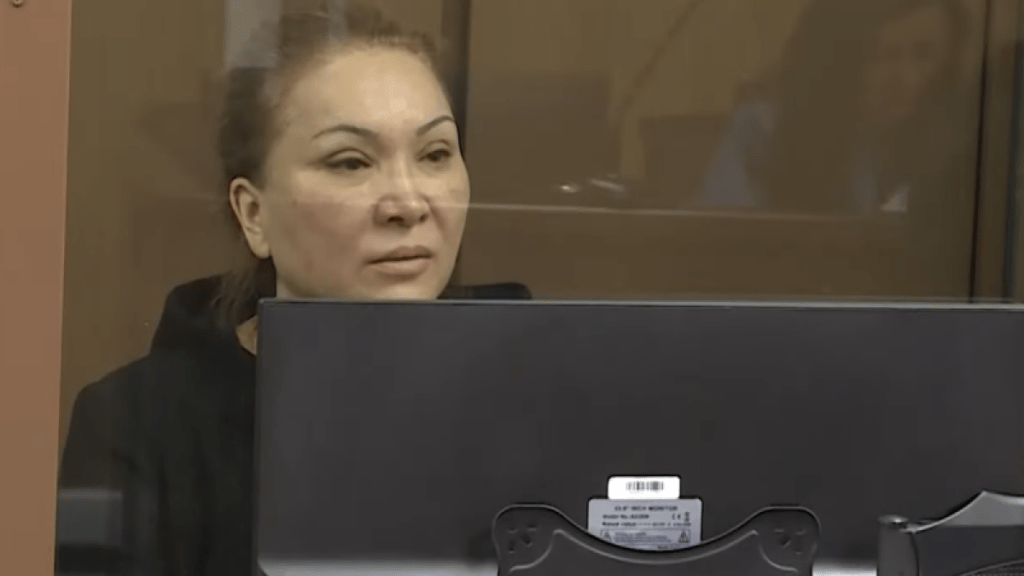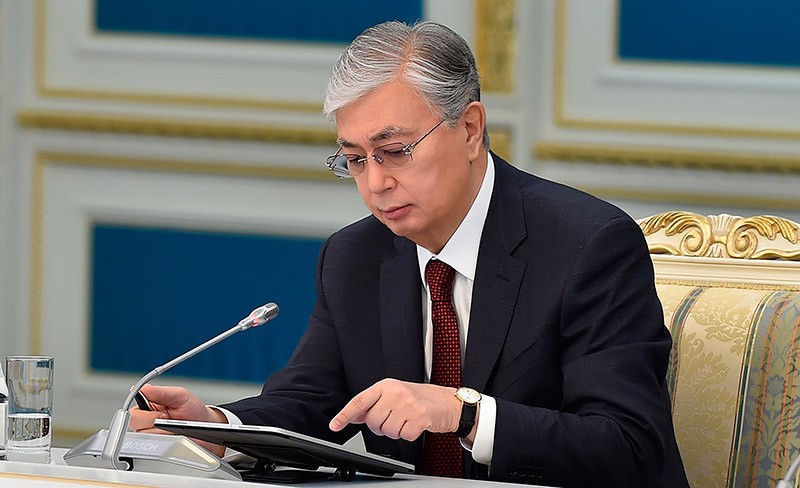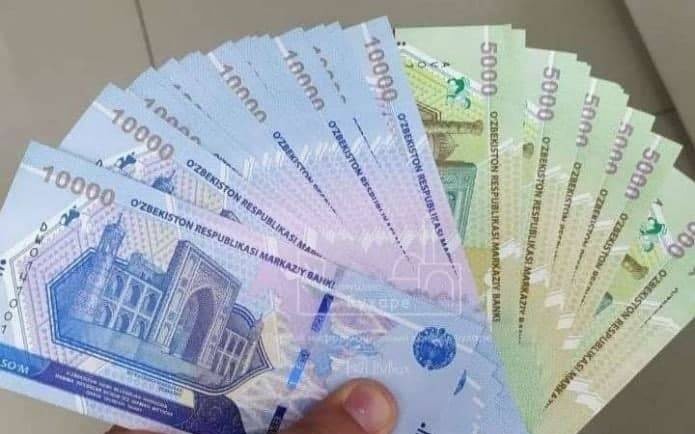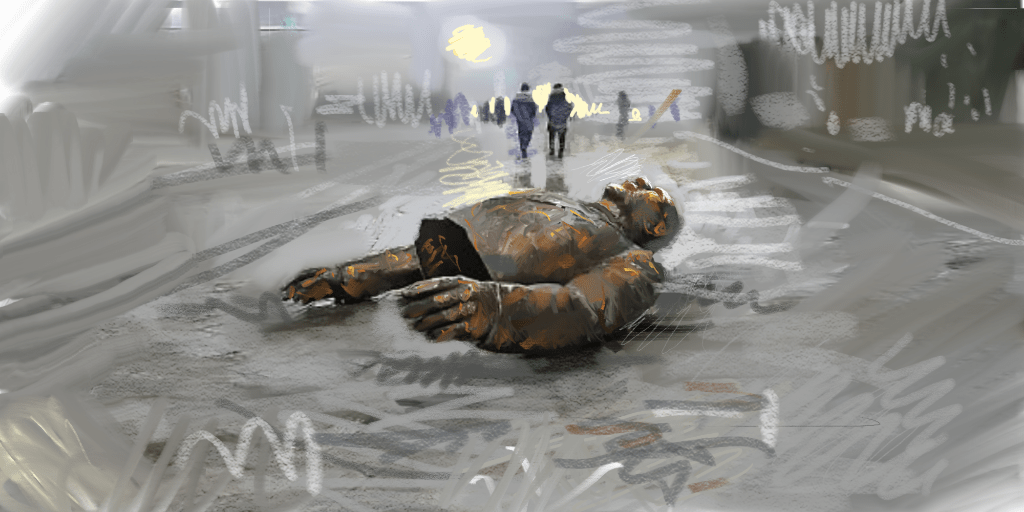At the 32nd session of the Assembly of the People of Kazakhstan, President Kassym-Jomart Tokayev promoted peace and harmony as the state ideology and impressed on “national unity” by referring to all citizens of his country as Kazakhs regardless of their ethnic, linguistic or religious affiliation. “Society should not be divided on these grounds”, Tokayev said. Kazakhstan, a predominantly Muslim nation where Christians make up nearly 25% of the population, constitutes a genuine melting pot housing 131 different ethnicities. Such diversity can positively fuel innovation by merging different perspectives and create complex problem-solving methods. But it can also turn into a vulnerability when differences are manipulated to divide communities to gain political advantage. The Assembly of the People of Kazakhstan was established in 1995 to mitigate such risks and foster social harmony in the country. Forces of division The President's latest statements draw attention to what the country perceives as threats to its national unity, which also reverberate elsewhere in the world, including corruption, malign foreign influence, and disinformation. It is difficult to ascertain whether foreign-backed political activities are genuinely aimed at enhancing the human condition in a country or are instead trying to undermine the state's stability to advance the agendas of other states or individuals. Worryingly for Kazakhstan, a survey of whom many of the well-known political activists are affiliated with shows that they have not grown organically from the country’s civil society ecosystem. Instead, they are often funded by foreign states, NGOs and/or oligarchs. This represents a complex scenario that should alarm true defenders of democracy and human rights. Firstly, the entrenched oligarchy formed under former President Nazarbayev’s thirty-year reign presents a challenge to the current leadership’s efforts to tackle corruption, kleptocracy and disinformation. These powerful business elites, who largely control the economy and media, resist any efforts to curtail their reach and influence. The government’s anti-corruption initiatives and asset recovery efforts are seen as direct threats to their wealth and dominance. Secondly, foreign actors see Kazakhstan’s strategic value in the renewed Cold War between Russia and the West. While Kazakhstan’s official and clear position has been one of neutrality, foreign-backed grassroots movements and misinformation campaigns have aimed to move society to take one side or another in this somewhat bipolar battle. The convergence of these domestic and international pressures forms a formidable challenge that threatens to compromise Kazakhstan's sovereignty and the welfare of its citizens. The oligarchs, mainly fearing repatriation of their assets hidden abroad through the recovery efforts of the country’s new leadership, could be inclined to support state-led polarization efforts to weaken the government, thus further intensifying the threat to Kazakhstan's peace and stability. The evolution of the Kazakh ideology The development of Kazakhstan's national identity has been in the works since its independence from the Soviet Union in 1991, and has intensified as the country became a focal point for foreign powers seeking influence in 2022. This broader statehood identity celebrates Kazakhstan's history and diversity. President Tokayev appears to be leading...








